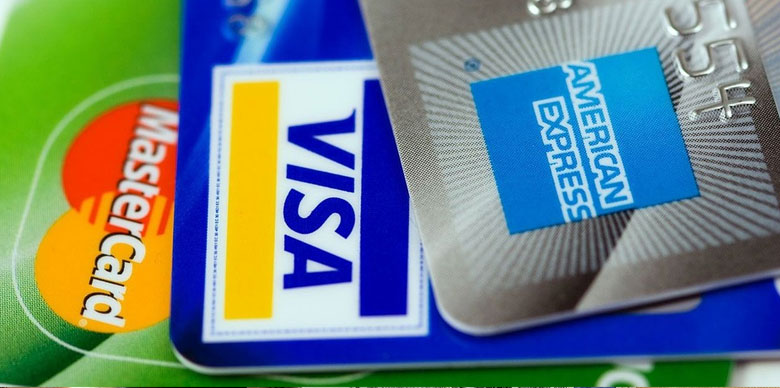A credit card can be one of your greatest companions. It gives you the power to do some big purchases and allows you to build a healthy credit score. Today, credit cards also offer attractive rewards and cashback on purchases. You can even get a considerable number of airline miles with many of them.
The problem arises when the very convenience provided by a credit card is used to accumulate unnecessary debt. The average household with revolving credit card debt in the US had an average balance of $6,849 in 2019. Another $1,162 was owed in average interest every year.
This kind of credit card debt can prevent you from saving for your future. To avoid this from happening, here are our suggestions for using your credit card sensibly:
1. Avoid opening too many credit card accounts within a short period
You’ll be offered lots of credit cards with attractive features by banks and credit card companies. However, opening too many lines of credit increases your chances of accumulating debt. More credit cards would mean more payments and the need to keep track of them.
Besides, opening so many accounts within a short period can have a negative impact on your credit score. As a result, you may be denied credit for months. It is, therefore, extremely necessary that you don’t open too many accounts within a short period.
2. Understand the terms of your credit card
Don’t be in a hurry to make your first purchases as soon as you receive your credit card. Go through the details of the credit card agreement carefully. This will help you avoid any unexpected fees. Different types of credit cards have varying percentages of fees and interest rates.
You must know when you’ll be charged a fee and how interest will be applied. It must also be known when the interest rates would increase. To avoid these things, choose a credit card that’s appropriate for your financial goals and spending habits.
3. Spend wisely
You must make sure that you’re spending within your means. With the help of your credit card, you can pay for larger purchases and build a good credit score. To make this possible, it is important to pay your balance in full every month. You must not use your credit card to buy things that you can’t afford.
If you do, you’ll find it difficult to pay off the amount within your billing cycle. Only make purchases for the amount that you can pay off within the card’s billing cycle.
4. Make timely payments
Along with paying monthly towards your credit card bills, make sure your payments are made before the due date. You must ideally pay in full. If this is not possible, pay as much as you can. Don’t just pay the minimum amount stated in the bill. Today, most banks allow you to set up automatic payments. This feature facilitates the transfer of a set amount to your credit card every month on time.
Paying before the due date prevents additional fees from being charged on the late payments. If your budget allows, you can also make two or more payments every month.
5. Keep the utilization ratio low
If you’re not paying the balance in full every month, keep a low utilization ratio. For instance, let’s say you have a credit line of $6000. Now, if you’ve made $3000 worth of purchases on your card, the utilization ratio amounts to 50%. This high percentage of users would make it difficult for you to pay off the debt. It would be a lot better if you have a utilization ratio of 30% or less.

